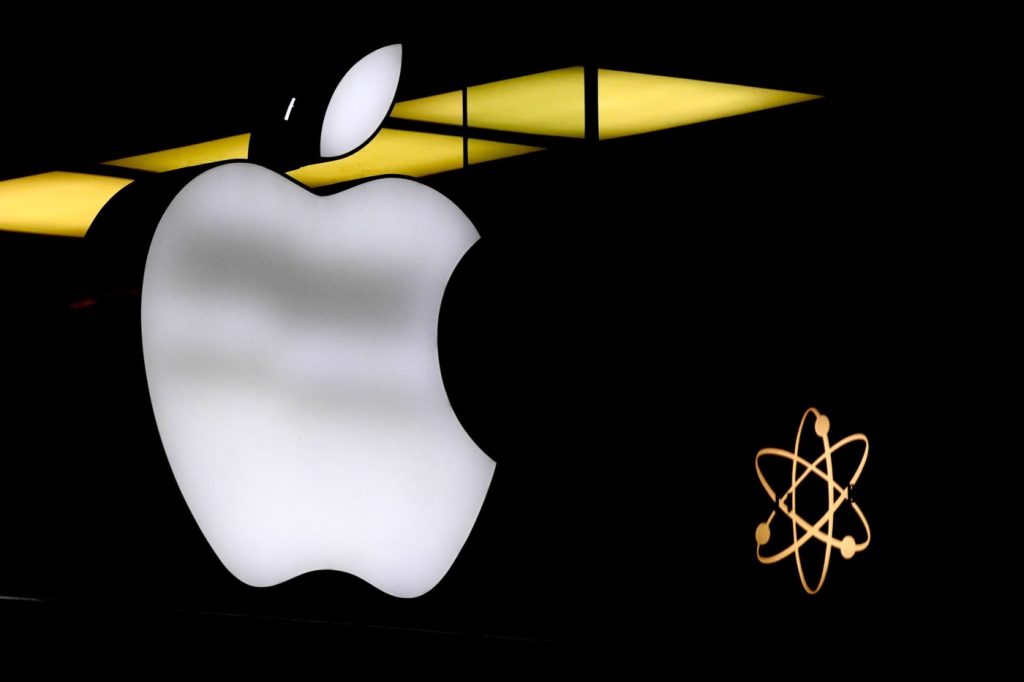PARIS (AP) – France’s antitrust regulator has imposed a fine of 150 million euros (approximately $162 million) on Apple for abusing its dominant market position concerning the distribution of mobile applications for its iOS and iPad devices. The investigation covered a period from April 2021 to July 2023, during which Apple's practices came under scrutiny regarding their implications for competition and user privacy.
The French Competition Authority reported that although Apple’s App Tracking Transparency (ATT) framework, which requires user consent for tracking, was not inherently flawed, its implementation was deemed "neither necessary nor proportionate" to Apple’s professed goal of safeguarding personal data. The ATT system requires iPhone and iPad users to provide explicit consent for third-party applications to collect their data, presenting them with a prompt that is partially standardized across applications.
In response to the ruling, Apple issued a statement defending the ATT framework, emphasizing that it enhances user privacy control through a clear and comprehensible prompt regarding tracking. Apple noted that this prompt is uniform for all developers, including their own, and highlighted the widespread support it has garnered from consumers, privacy advocates, and data protection authorities across the globe. Despite expressing disappointment with the decision, Apple indicated that the French Competition Authority did not mandate any specific changes to the ATT system.
However, the French Competition Authority expressed concerns regarding the overall effect of the ATT implementation. It criticized the proliferation of consent prompts that have emerged as a result of the ATT framework, arguing that these numerous consent windows overwhelm users of third-party applications and complicate navigation within the iOS environment. Moreover, the regulator raised questions about the system's neutrality, pointing out that it disproportionately impacts smaller publishers who rely heavily on the collection of third-party data to sustain their operations.
The antitrust ruling sends a signal regarding the increasing regulatory scrutiny faced by major technology firms, particularly those like Apple that wield significant market power. As digital privacy continues to gain prominence among users and regulators alike, the implications of such rulings may extend beyond just financial penalties, potentially influencing the way large tech companies design and implement privacy-related features in their products.










